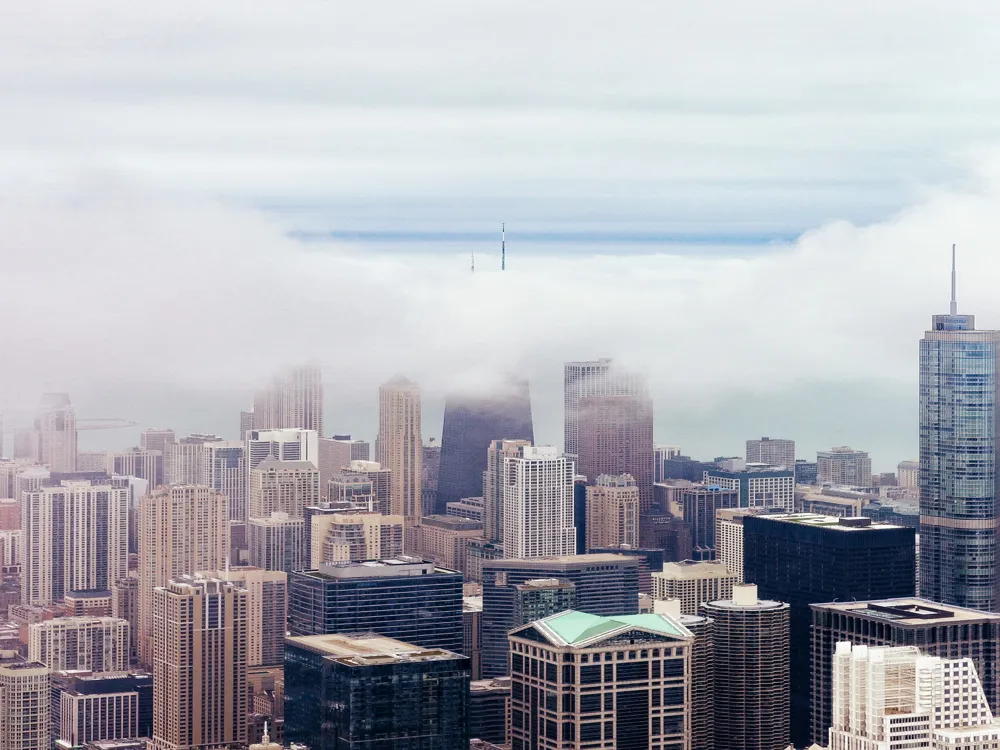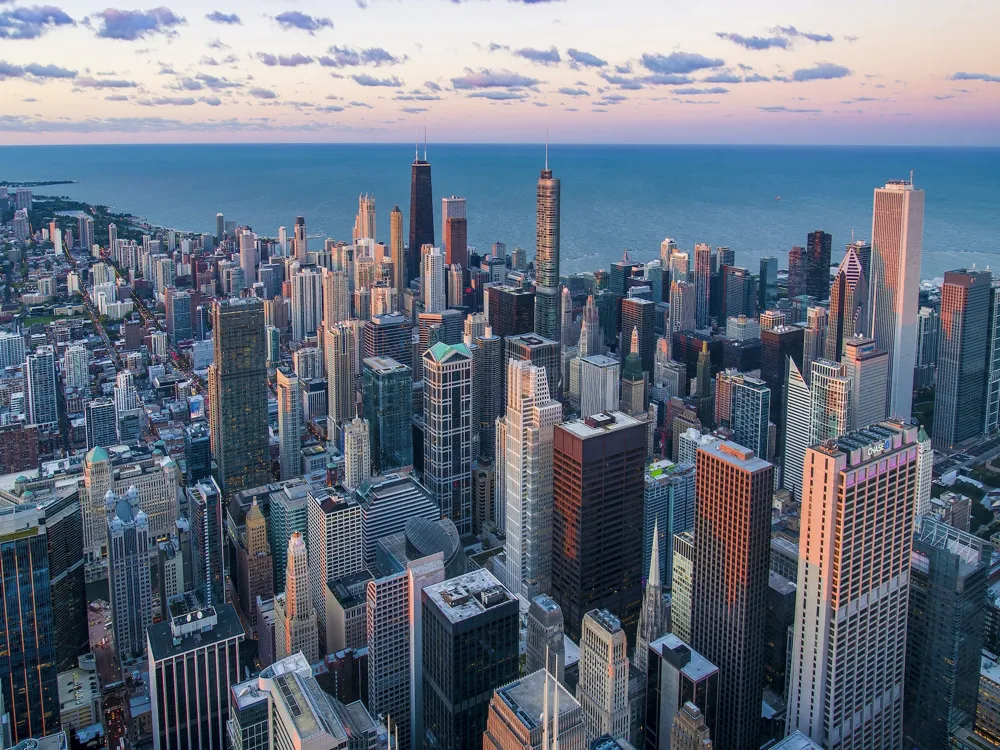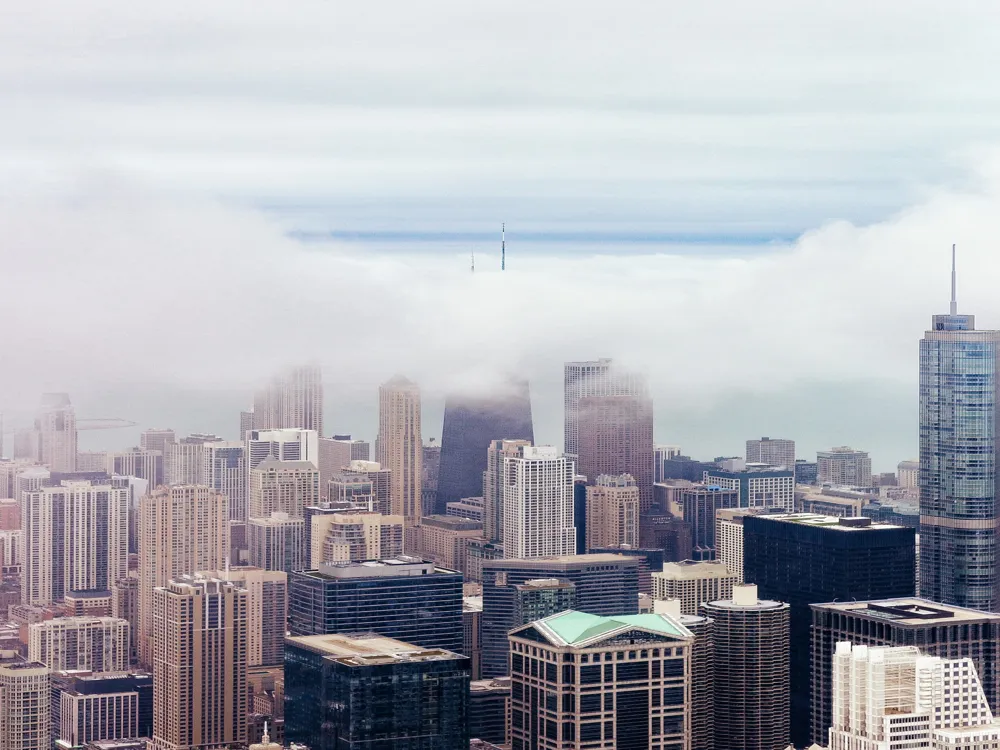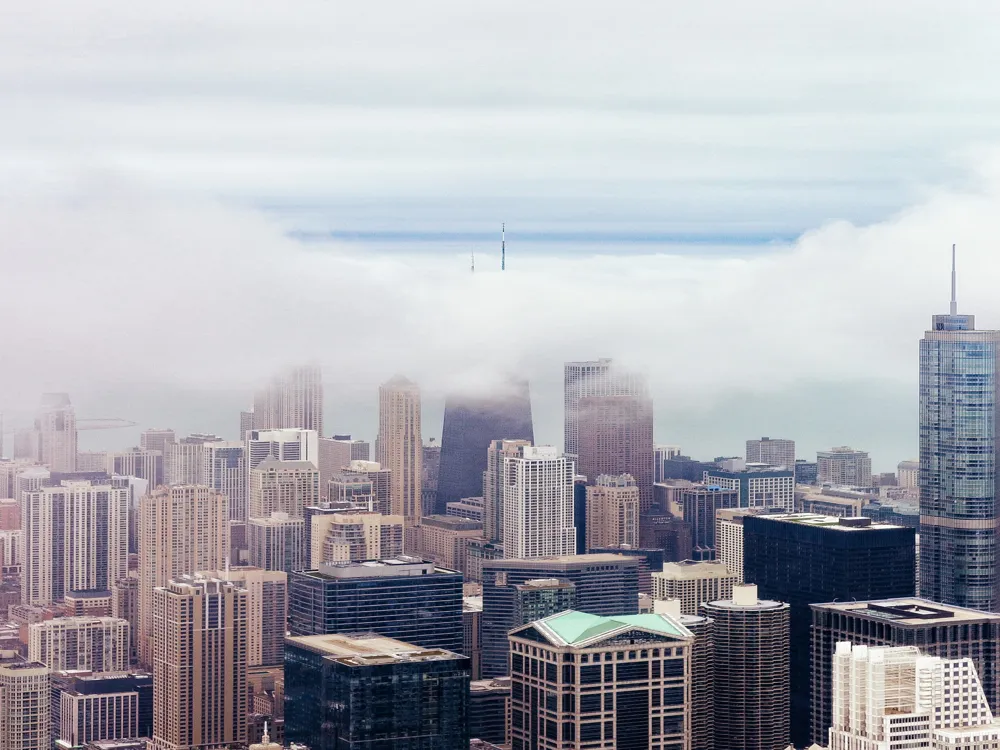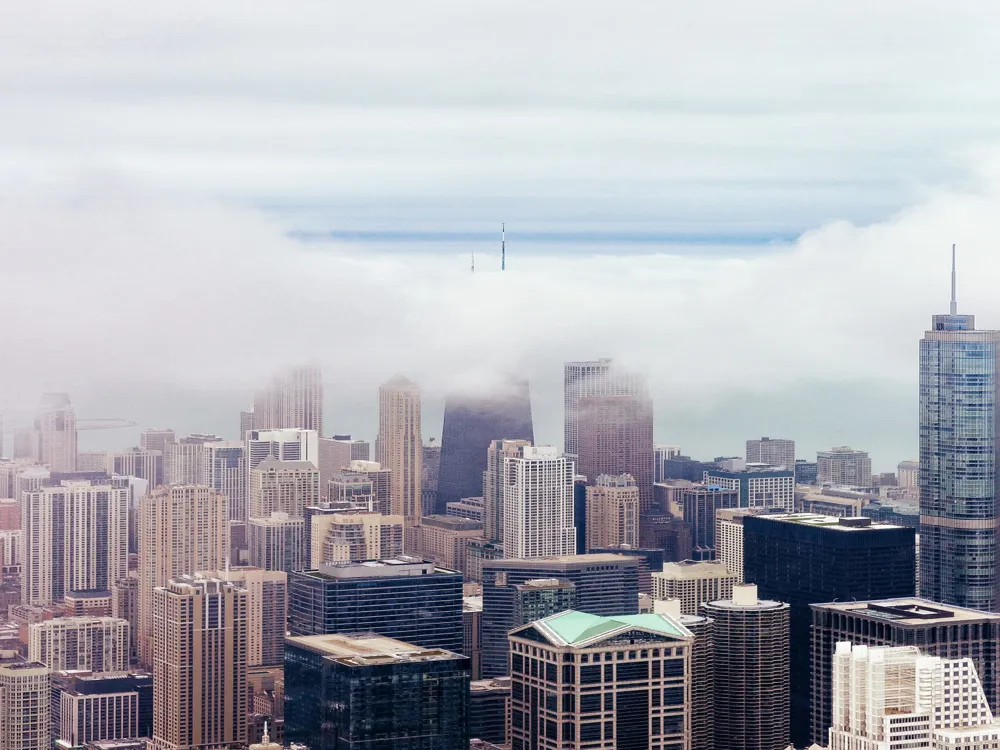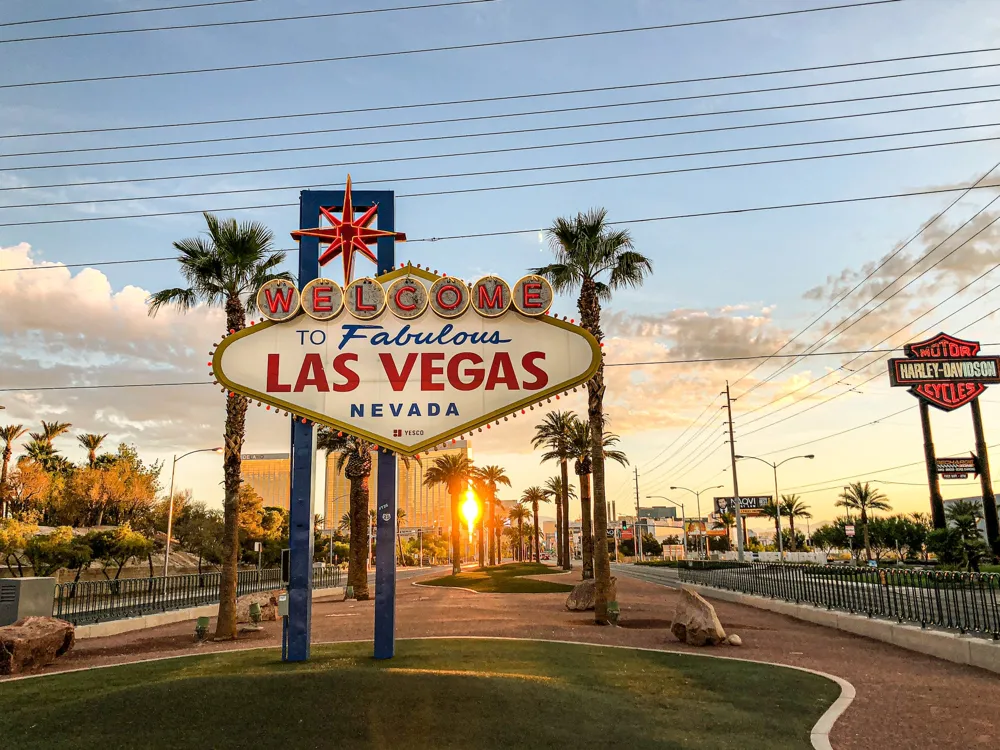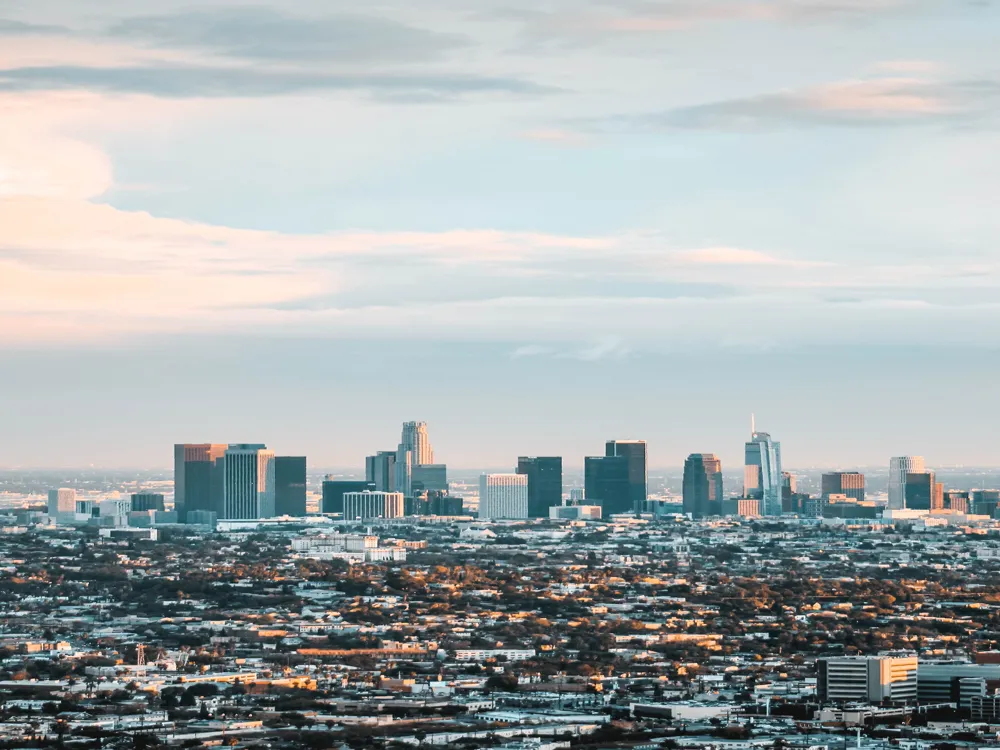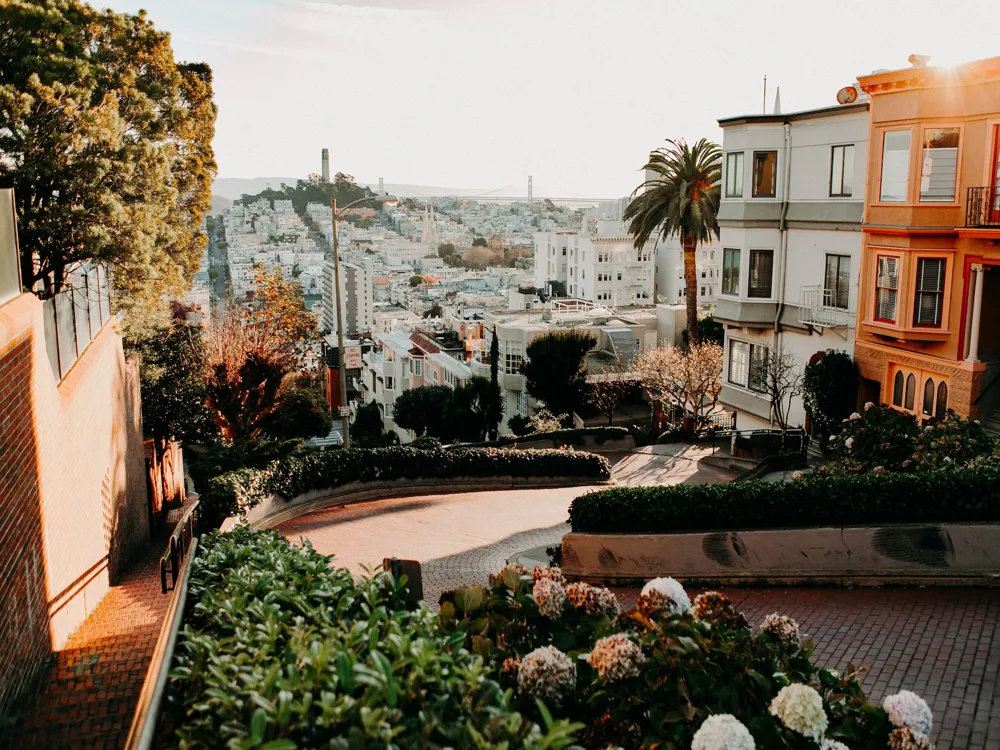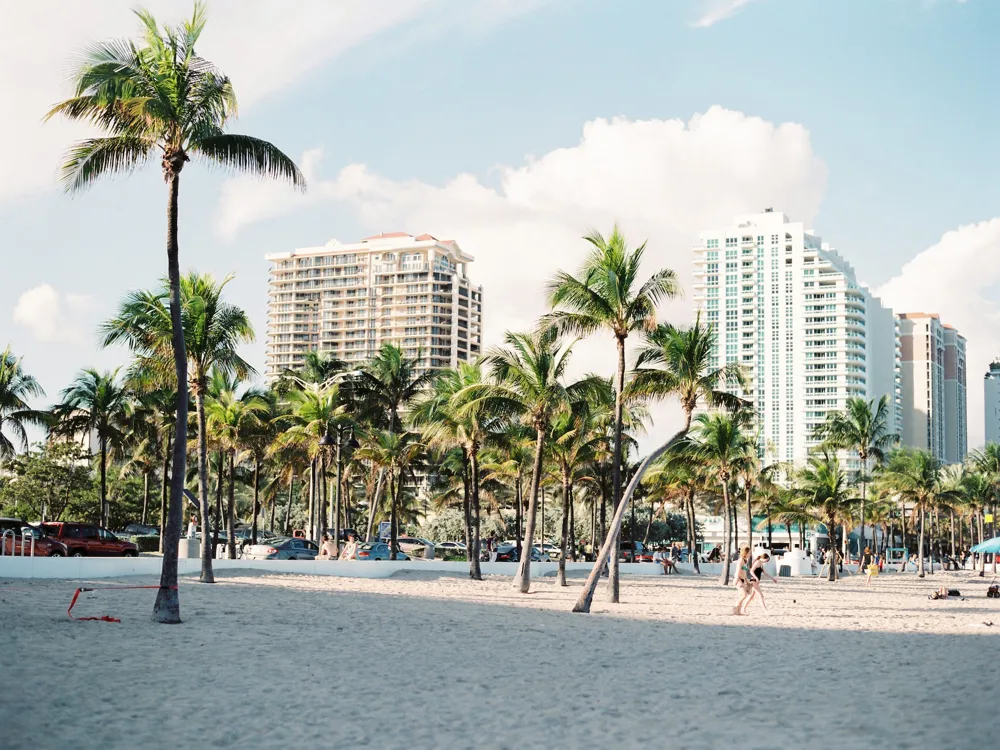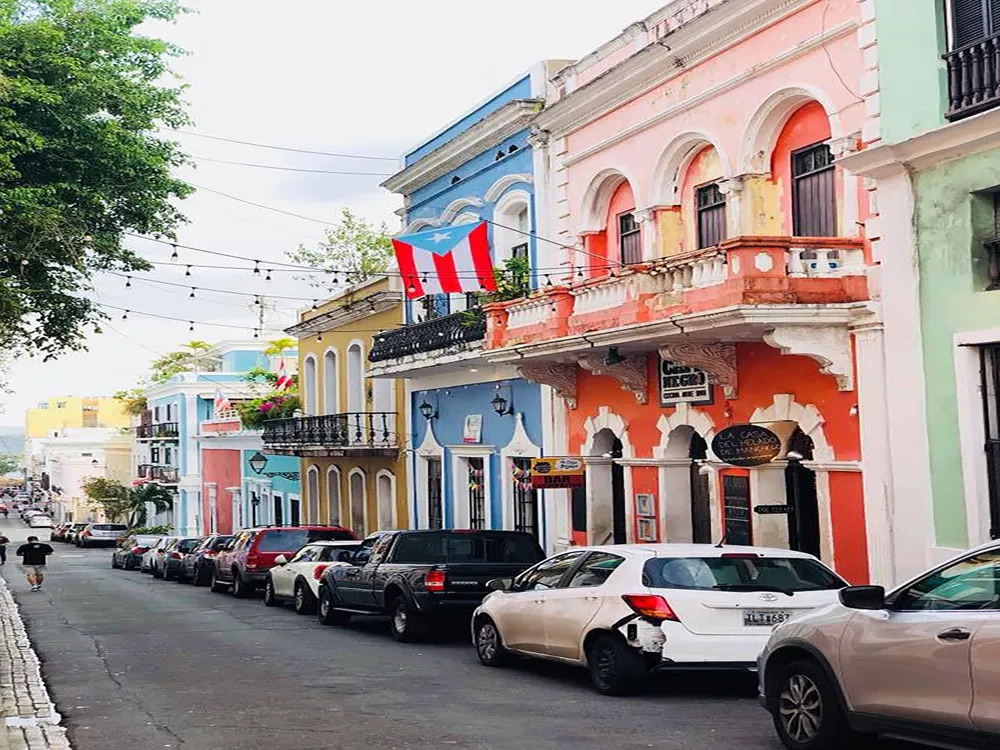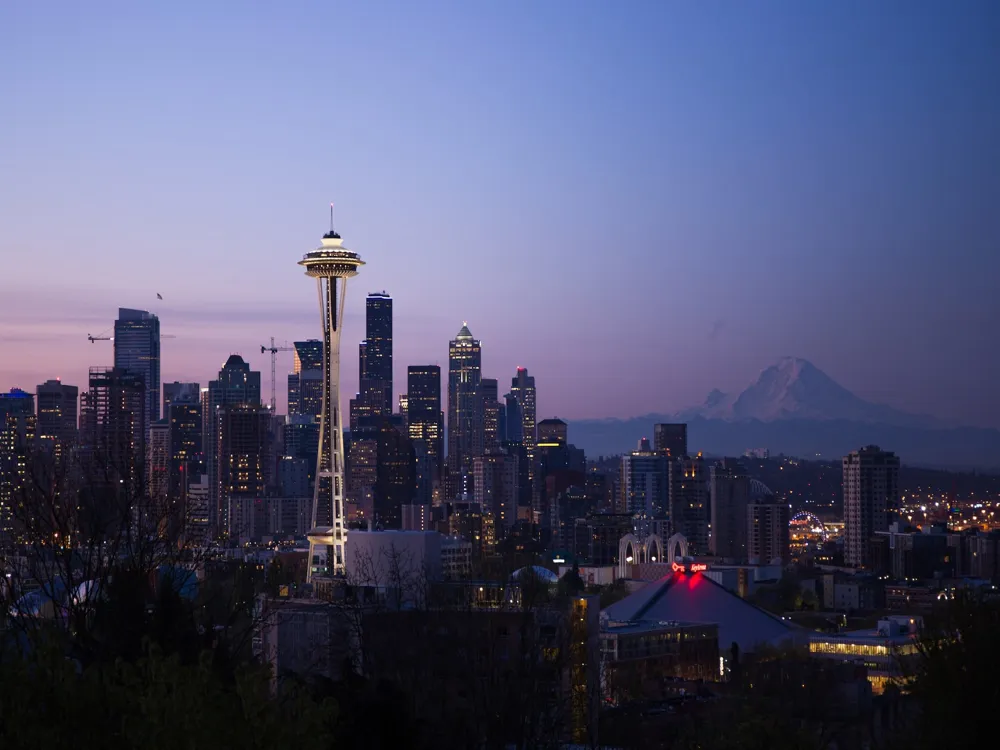Chicago, the third-largest city in the United States, is an extraordinary blend of history, culture, and modernity. Nestled along the shores of Lake Michigan, it's a city renowned for its bold architecture, rich history, and vibrant arts scene. With a population of nearly 2.7 million, it's a melting pot of diversity, offering a unique experience for both residents and visitors alike. Chicago's storied past is filled with fascinating tales of innovation, resilience, and cultural milestones, making it a city steeped in stories worth exploring. Founded in 1833, Chicago rapidly grew into a major hub for trade and commerce, thanks to its strategic location. The Great Chicago Fire of 1871 was a turning point, leading to a remarkable rebuilding effort that laid the foundation for modern urban planning and the city’s famed skyline. Throughout the 20th century, Chicago continued to play a pivotal role in various cultural movements, including jazz and blues, the labor movement, and architectural innovation. The city's cultural diversity is its heartbeat. From lively neighbourhoods like Chinatown, Little Italy, and Pilsen, each area showcases its unique heritage through food, festivals, and art. Chicago's culinary scene is particularly noteworthy, offering everything from Michelin-starred restaurants to iconic dishes like deep-dish pizza and Chicago-style hot dogs. Art enthusiasts will find a haven in Chicago’s museums and galleries. The Art Institute of Chicago is home to some of the world’s most famous artworks, while the Museum of Science and Industry provides an interactive experience for all ages. The city's public art, including the famed Cloud Gate ('The Bean') in Millennium Park, adds to the urban canvas. Chicago's location along Lake Michigan offers ample opportunities for water-based activities, while its numerous parks provide green spaces for relaxation and recreation. The Lakefront Trail is a haven for cyclists and joggers, and the city's sports culture, with iconic teams like the Chicago Bulls and Chicago Cubs, is deeply ingrained in its identity. Chicago’s architecture is a testament to the city’s history and resilience. After the Great Fire of 1871, Chicago reinvented itself, becoming the birthplace of the skyscraper and a playground for architectural innovation. The city’s skyline is a mesmerizing mix of old and new, where historic buildings stand alongside sleek, modern structures. This architectural diversity not only defines the city's physical appearance but also reflects its cultural and historical evolution. Chicago is where the skyscraper was born. The Home Insurance Building, erected in 1885, is often cited as the world's first skyscraper, pioneering the use of steel-frame construction. This innovation led to a vertical building boom, reshaping the city’s skyline. Architects like Louis Sullivan and Daniel Burnham became prominent figures, pushing the boundaries of design and engineering. The Chicago School of Architecture, a movement in the late 19th and early 20th centuries, was characterized by the use of steel-frame buildings with masonry cladding, large plate-glass window areas, and minimal ornamentation. This style was not only practical but also aesthetically groundbreaking, influencing urban architecture worldwide. In the mid-20th century, architects like Mies van der Rohe and Frank Lloyd Wright introduced modernist and Prairie School styles to the city, further diversifying its architectural landscape. Contemporary architects continue this legacy, using technology and innovative materials to create environmentally sustainable and visually striking buildings. Chicago's architectural landmarks include Willis Tower (formerly Sears Tower), once the world's tallest building; the neo-Gothic Tribune Tower; and the Art Deco Merchandise Mart. The city’s residential architecture, with its iconic brownstones and greystones, also tells the story of Chicago’s urban development. The best time to visit Chicago is during the spring (April to June) and fall (September to October) when the weather is mild, and the city is less crowded. Summers can be quite warm and are popular with tourists, while winters, though cold, offer a unique charm with snowy scenes and festive events. Chicago has an extensive public transportation system, including buses and the 'L' train, making it easy to navigate the city. Consider purchasing a Ventra card for convenient access to public transit. Taxis and ride-sharing services are also readily available. The city offers a range of accommodation options, from luxury hotels in the Loop to charming B&Bs in neighbourhoods like Wicker Park and Lincoln Park. Booking in advance is recommended, especially during peak seasons. Explore Chicago's diverse culinary scene, from upscale dining to local favourites like deep-dish pizza and Chicago-style hot dogs. Don’t miss the chance to visit the city's vibrant food markets and neighbourhoods known for specific cuisines. While Chicago is generally safe for tourists, it's advisable to stay aware of your surroundings, especially at night. Respect local customs and etiquette, and don’t hesitate to ask locals for recommendations and directions. Chicago is well-connected and easily accessible from anywhere in the world. The city's two major airports, O'Hare International Airport and Midway International Airport, serve numerous domestic and international flights. For those preferring ground transportation, Chicago is a major hub for both trains and buses, with Amtrak and various bus companies offering extensive services. Driving to Chicago is also a viable option, with several major highways converging in the city. Read More:Overview of Chicago, Illinois
Historical Significance
Cultural Melting Pot
Art and Museums
Recreational Activities
Architecture of Chicago
The Birth of the Skyscraper
The Chicago School of Architecture
Modern and Contemporary Influences
Iconic Buildings and Structures
Tips When Visiting Chicago
Best Time to Visit
Transportation Tips
Accommodation Choices
Dining and Cuisine
Safety and Etiquette
How To Reach Chicago
Six Flags Great America
Chicago
Illinois
NaN onwards
View chicago Packages
Weather :
Tags : Amusement & Theme Park
Planning a Trip? Ask Your Question
Chicago Travel Packages
View All Packages For Chicago
Top Hotel Collections for Chicago

Private Pool

Luxury Hotels

5-Star Hotels

Pet Friendly
Top Hotels Near Chicago
Other Top Ranking Places In Chicago
View All Places To Visit In chicago
View chicago Packages
Weather :
Tags : Amusement & Theme Park
Planning a Trip? Ask Your Question
Chicago Travel Packages
View All Packages For Chicago
Top Hotel Collections for Chicago

Private Pool

Luxury Hotels

5-Star Hotels

Pet Friendly







